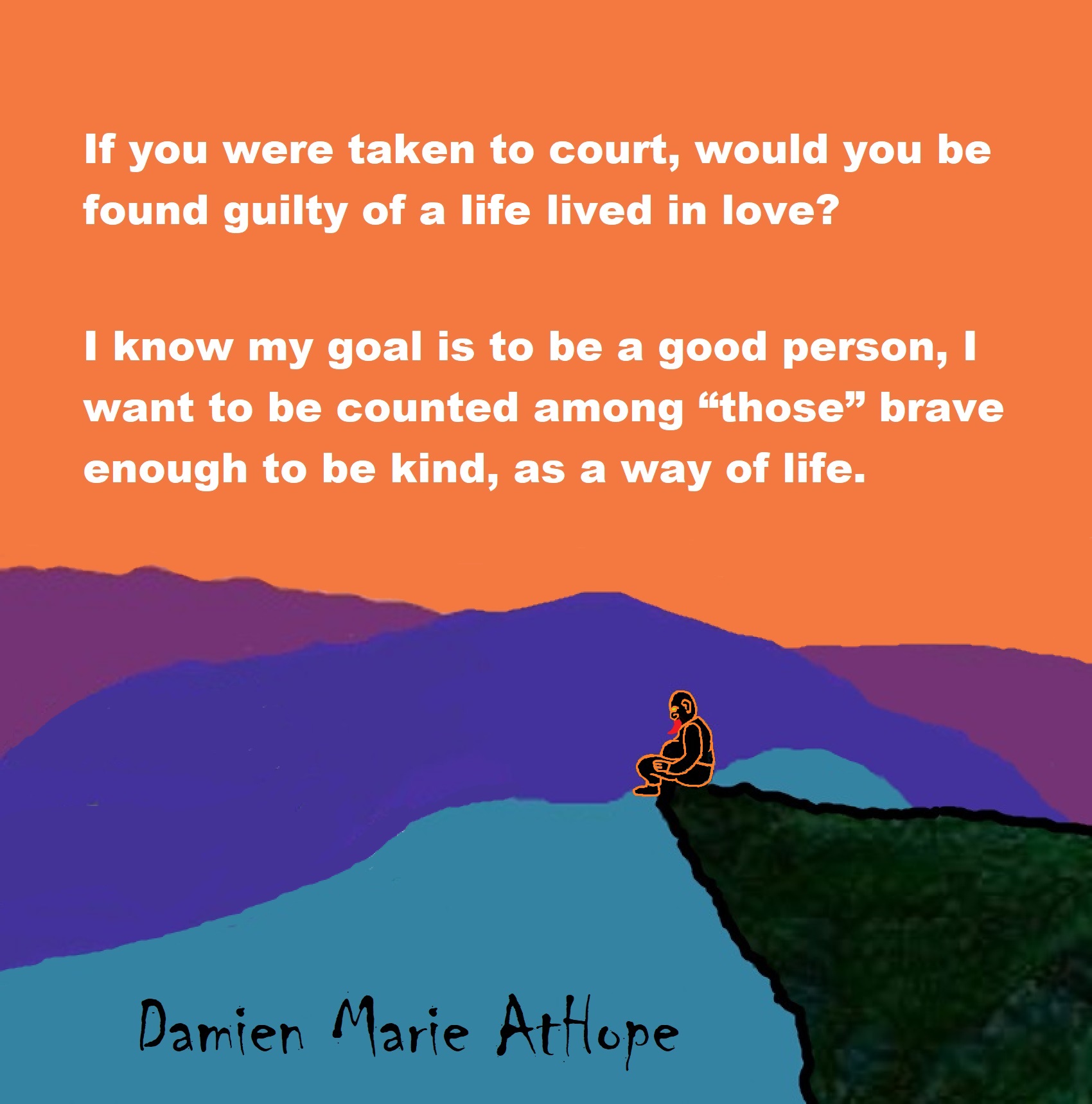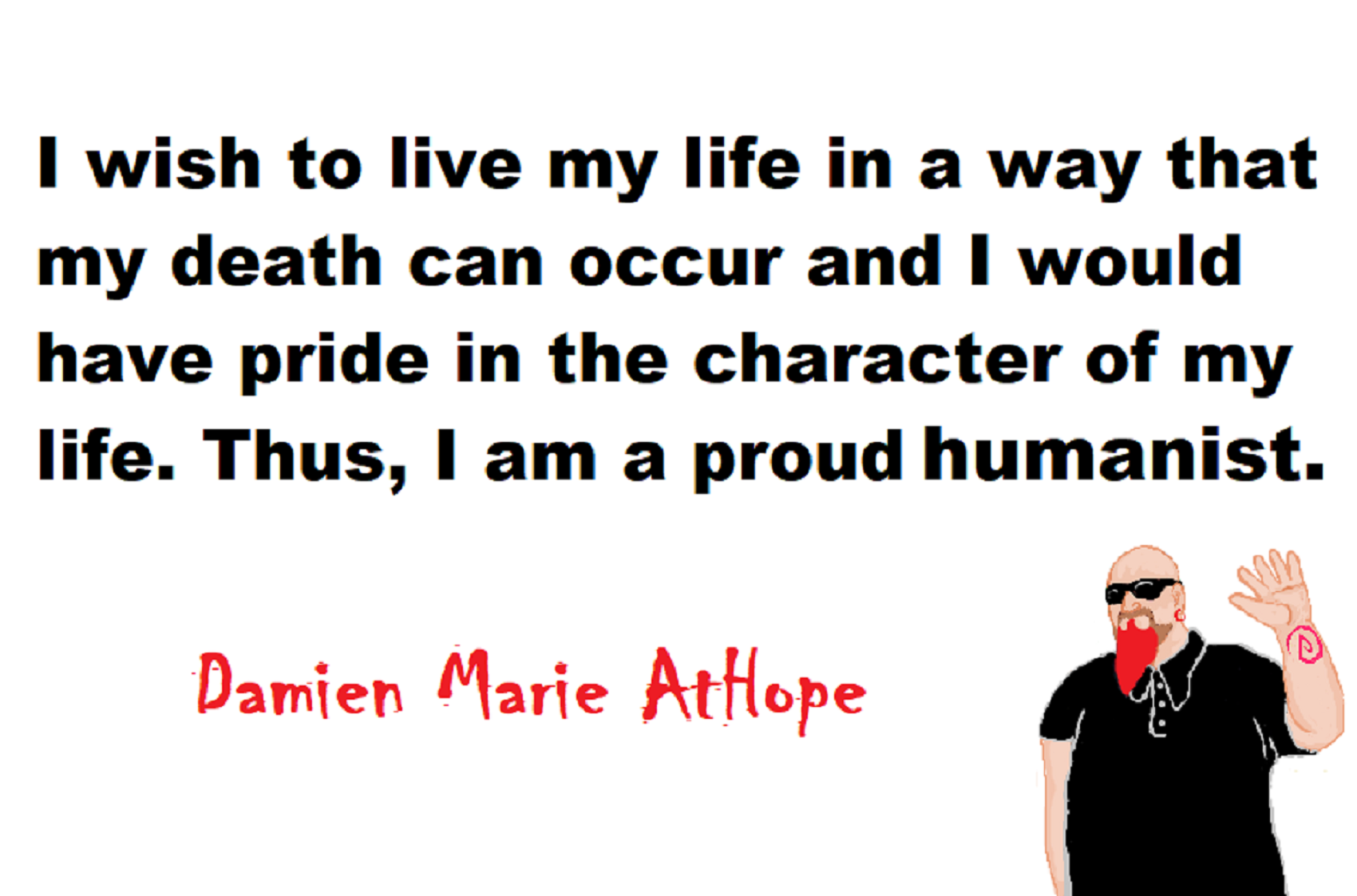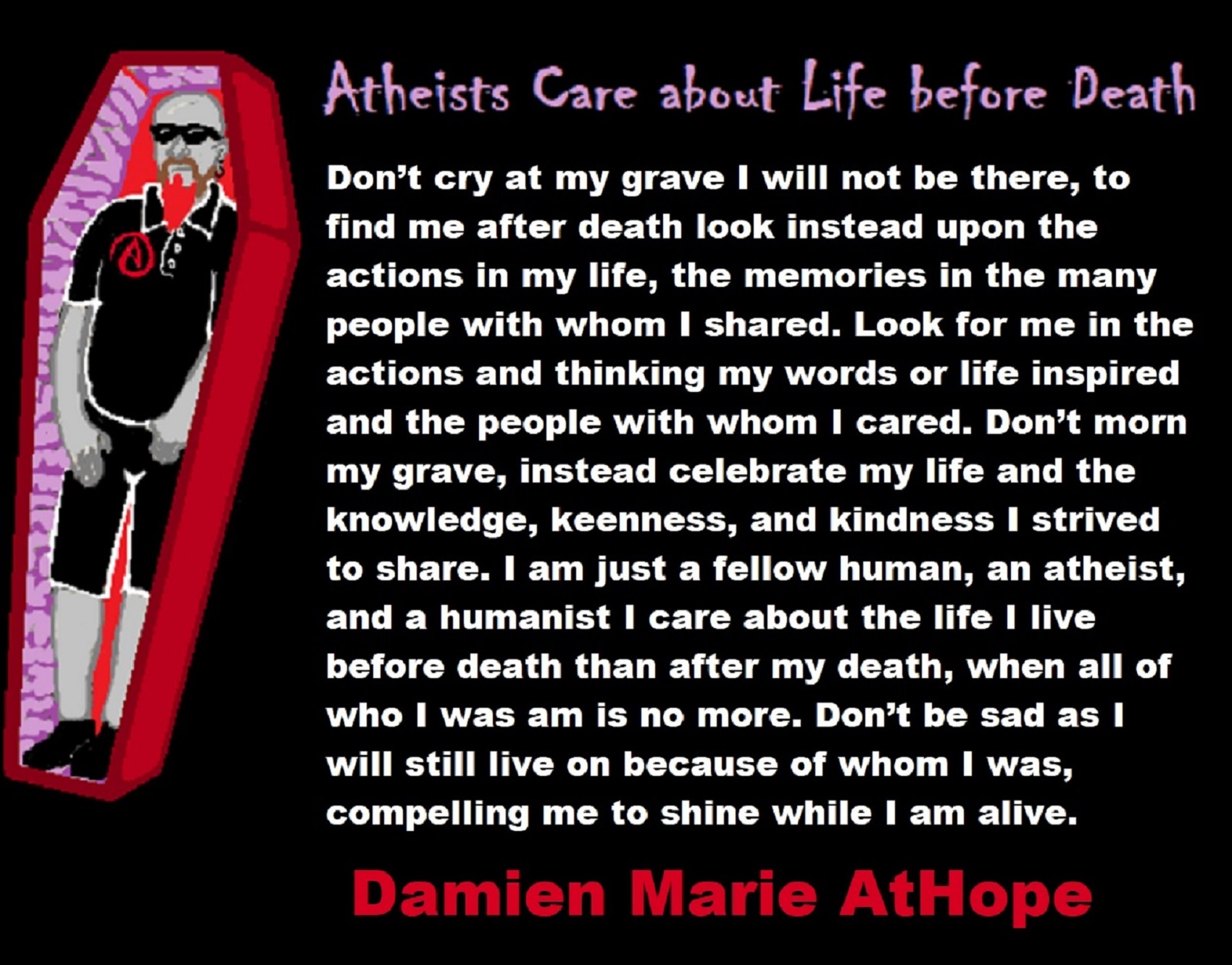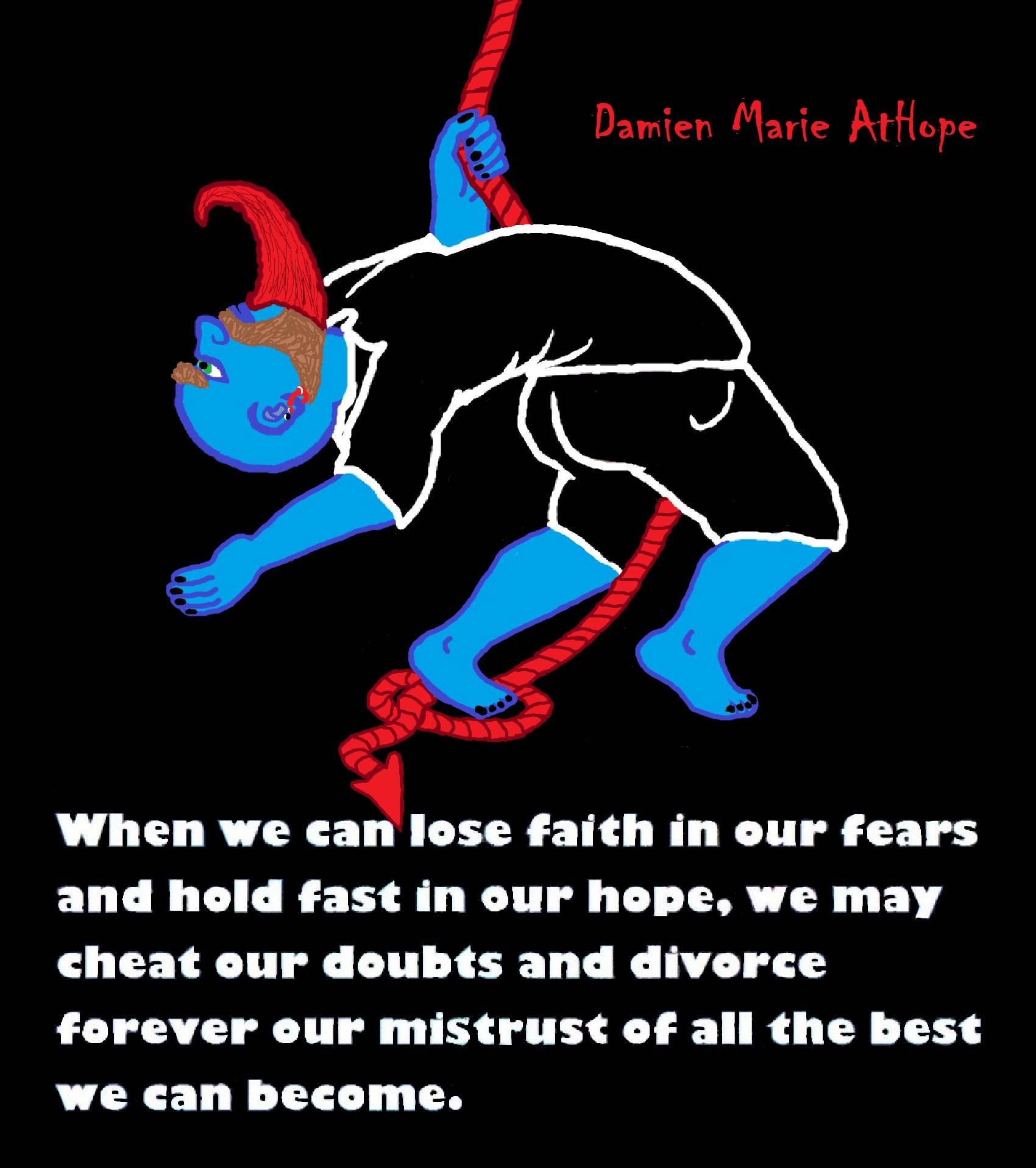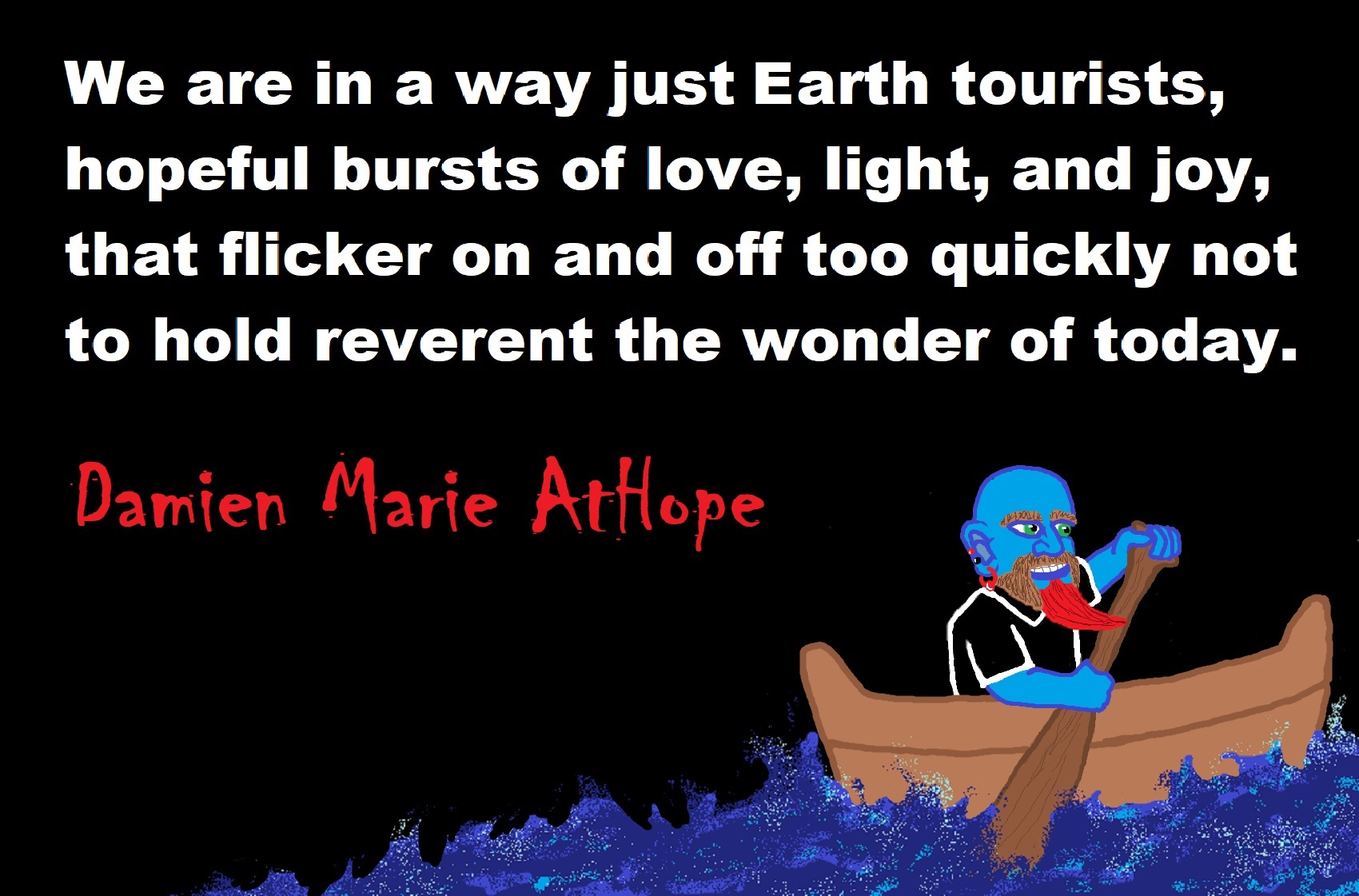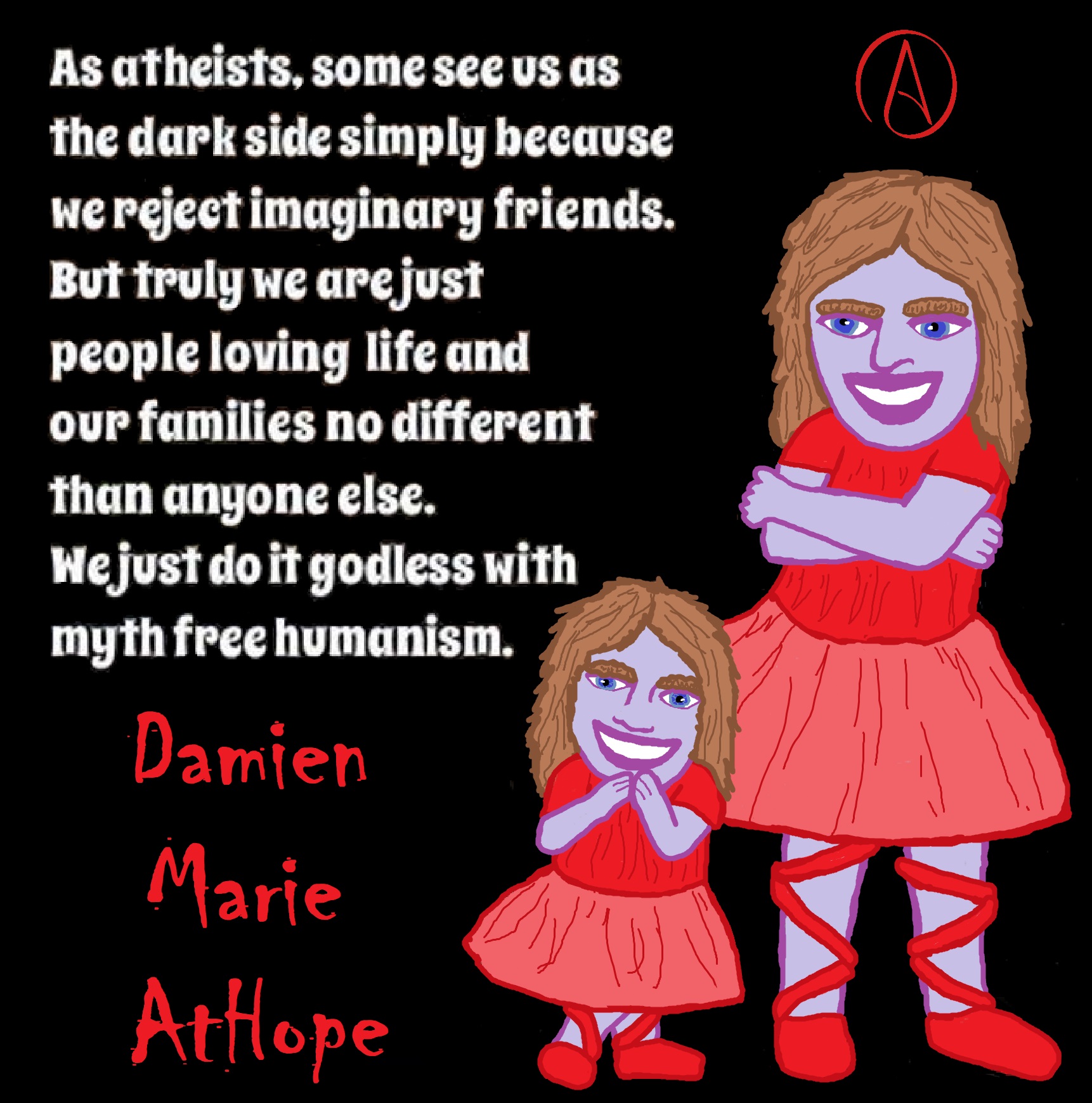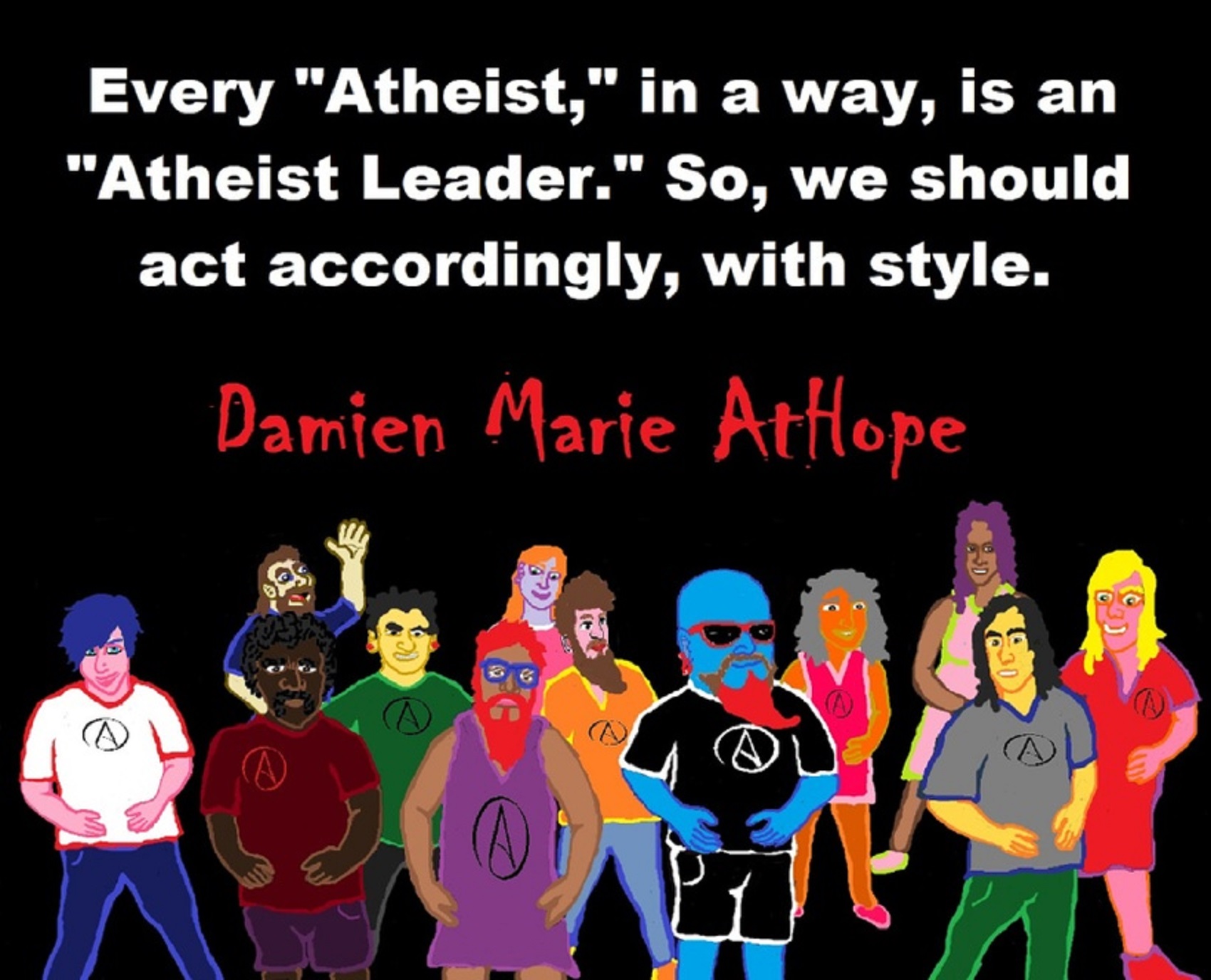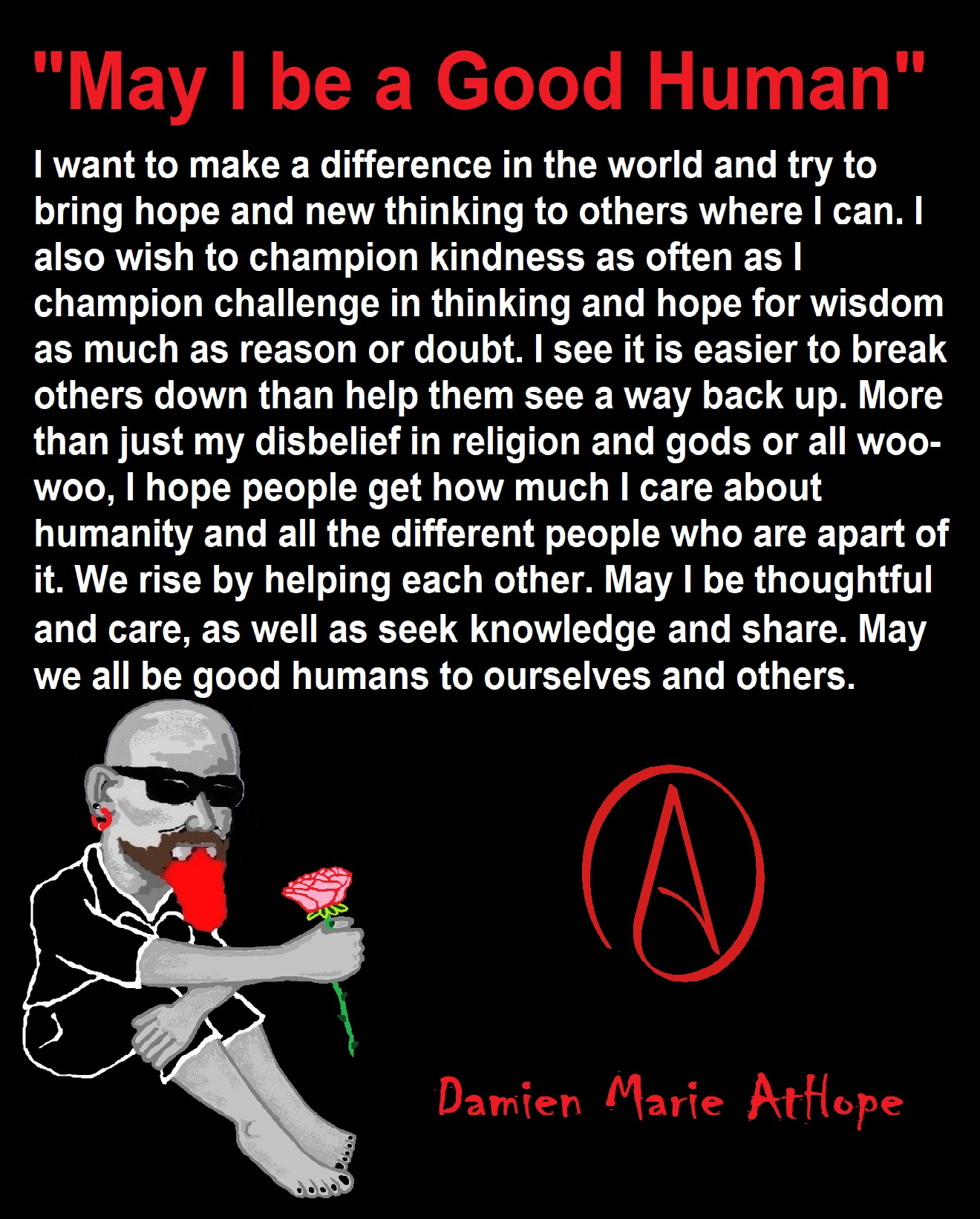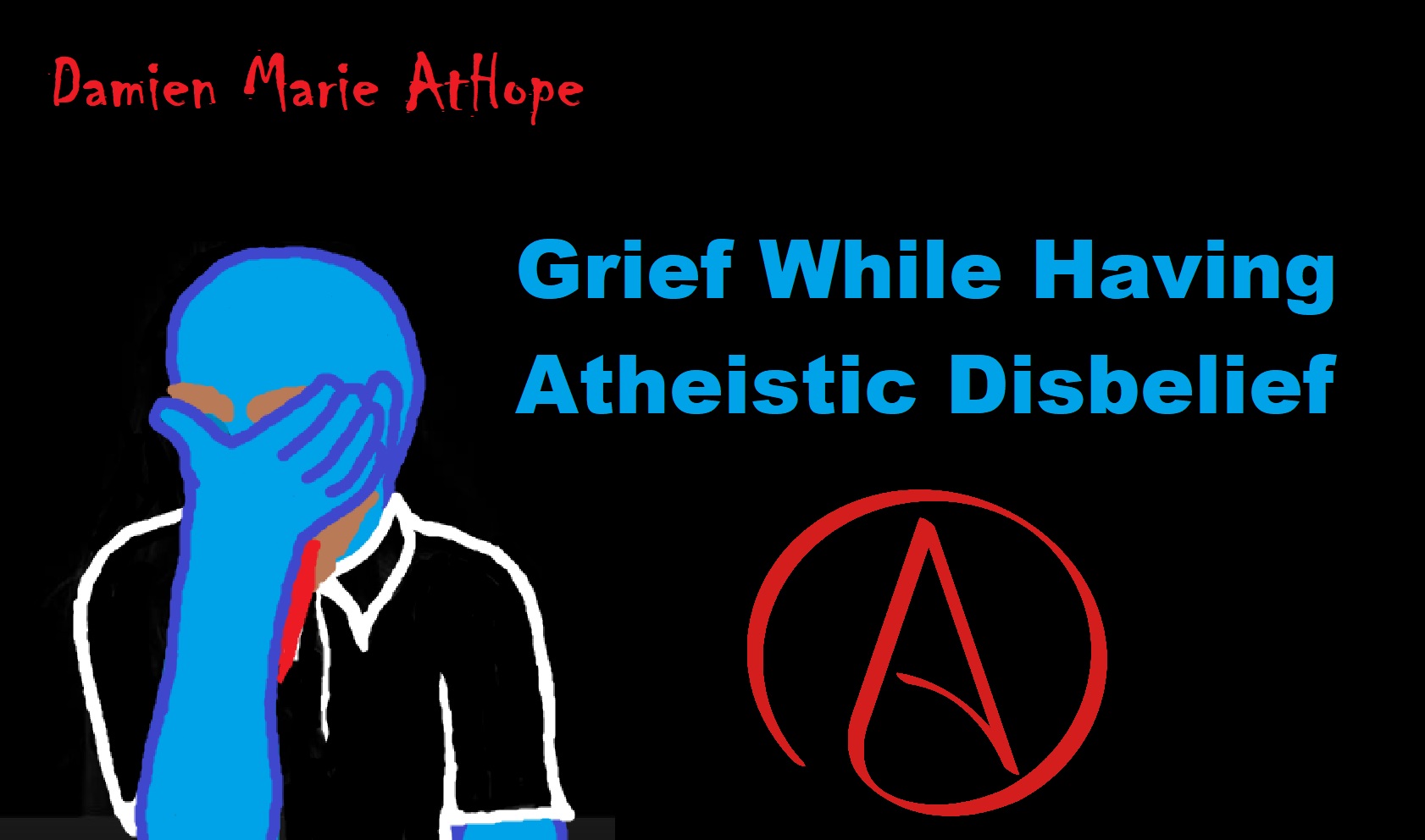
- Denial,
- Anger,
- Bargaining,
- Depression and
- Acceptance.
“In a recent piece in the Guardian, Tiffany White talked about how offering solace during times of grief is different when you are an atheist. Socially accepted platitudes are suddenly irrelevant. There is no better place to go to and no offer of prayer to extend.” ref
“Tiffany ended her piece saying:
Even though I wasn’t armed with an arsenal of hopeful and optimistic phrases to make her feel better with, I realized that simply being a caring and understanding friend was more important. And isn’t that what really matters?” ref
“It was opened up, the question of how atheists comfort grieving friends to Guardian readers. Wanting to know what atheists do or say when those close to them needed comfort.” ref
Here’s what they said:
“Chris, UK, 67 I offer time and tea.” ref
“In what situations are you especially aware of being an atheist? My lover and partner of 38 years died suddenly recently. Being aware that there is no afterlife means that death is a final thing. People offer condolences in a number of ways. I get a lot of hugs. I find death more incomprehensible than ever and find it strange to be alive. I miss her dreadfully.” ref
“How do you offer condolences to grieving friends and family? By listening. Taking time to talk rather than giving a simple pat phrase. I offer time and tea. Do you agree with Tiffany’s statement? It is what matters but being there suggests that they have to call upon your help. Better to call round at the house or at least phone regularly for a time. You don’t need formula phrases and sympathetic faces. Care enough to help them get back on their feet or stay out of it.” ref
“Mark Moore, California, 60 The moment of grief is not about the helper it is about the aggrieved.” ref
“In what situations are you especially aware of being an atheist? When I am blessed by someone. People thanking god for medical interventions. Asked to give an oath on the bible. People asking what church I go to. How do you offer condolences to grieving friends and family? I sit with them quietly. Get them something to eat or drink. Take care of things for them. I let them talk. They are wrapped up in what has happened to them. I am not a star player in the situation, I am a supporting cast if that. It is not unusual for other people to be eclipsed in great grief or injury. This is a time to put my attention on another person and do my best to intuit what is needed.” ref
“Do you agree with Tiffany’s statement? The moment of grief is not about the helper it is about the aggrieved. It is time to reach out to someone else, not formulate pat phrases that don’t touch the loss.” ref
“Donovan Baker, Texas, 45 They know I really will help in anyway I can.” ref
“In what situations are you especially aware of being an atheist? Most situations as my atheism, skepticism, critical thinking, and humanitarianism lines all bleed together. How do you offer condolences to grieving friends and family? I offer actual help or a listening ear. I say: “I’m so sorry you are having to deal with this loss. If there is anything I can do to help, you need to let me know. I’m here for you, even if you just need someone to listen.” They know I really will help in any way I can.” ref
“Do you agree with Tiffany’s statement? There are many things we can say or talk about, that have nothing to do with an afterlife and so forth.” ref
“Randy Hensley, Massachusetts, 48 I am always aware, never self-conscious, of being an atheist.” ref
“In what situations are you especially aware of being an atheist? I am always aware, never self-conscious, of being an atheist. It is like being aware that I’m alive.” ref
“How do you offer condolences to grieving friends and family? I take the time to speak to the person and how they impacted our lives. If I knew them I say how they impacted me, if I don’t know them I speak in terms of how they impacted my friend or loved one. I think it is rude to shrug it off with some trite commitment to pray. I talk about love, and the person’s life, about how it mattered and how it positively affected our lives. I think people want to know you care. In our darkest moments, we want to be held.” ref
“Do you agree with Tiffany? Tiffany is exactly correct. Caring and understanding is real, prayers are mindless blather are cheap.” ref
“Dorothy Stephens, Canada, 54 My motto is: ‘Two hands working accomplish more than a thousand clasped in prayer.” ref
“In what situations are you especially aware of being an atheist? Weddings and funerals, because traditionally the ceremonies are so closely associated with a church. Even the non-religious cliches are church-related, like processional music, always played on an organ, or walking down the aisle.” ref
“How do you offer condolences to grieving friends and family? I always offer to do something tangible. Usually, it’s cooking a meal or sending over baking. Sometimes, running errands or helping with arrangements. I say that their loved one will live on in memories and the legacy that he/she left to this world. They all know I’m an atheist so they don’t expect prayers or participation in religious services, although I attend out of respect. But they know they can count on me to help out.” ref
“Do you agree with Tiffany? Yes, because an arsenal of hopeful and optimistic phrases is just words, and words are cheap. “I’ll pray for you” is often just a way of doing nothing but trying to sound like you are. My motto is ‘two hands working accomplish more than a thousand clasped in prayer.” ref
“Chad, Canada, 32 Platitudes provide an easy way out” ref
“In what situations are you especially aware of being an atheist? The state of mourning, whether I or another are involved, is certainly one of the chief situations where my lack of belief in an afterlife is driven home. I grew up believing that those with right belief would go to heaven, and the realization that it was irrational and ultimately cruel to believe that was a difficult process, but has given life more meaning and value.” ref
“How do you offer condolences to grieving friends and family? If it was someone I knew, I grieve with them, going through all the emotions, memories, and impressions of the person. If I did not know the person, then I can offer words of shock, sadness, or of comfort as the situation differs. With some thought and care, I don’t find that religious words are missed except in comparison with the well-meaning platitudes expressed by others.” ref
“Do you agree with Tiffany? White’s statement sums up what is most important in the time of mourning: caring and understanding. Many people have great difficulty in displaying these to a mourner, and lack of close relationship makes it worse. Platitudes provide an easy way out, but when my mother passed away, I wanted nothing else but for people to stop trying so hard. Bringing up a good memory of her would have been the best thing a relative stranger could have done for me at the time.” ref
“Charlotte Stafford, Washington DC, 24 Everyone grieves differently, so you must adapt.” ref
“In what situations are you especially aware of being an atheist? I never feel self-conscious for being an atheist. I am aware of it occasionally because I have many religious friends, have lived in profoundly religious countries, and have dated religious people before. Also, I am British, and not in a minority there, it’s too cold to believe in God.” ref
“How do you offer condolences to grieving friends and family? There is never a set of instructions to follow. Everyone grieves differently, so you must adapt. The most important thing is to be present. Available for a hug, a cry, a breakdown, or anger. Sometimes people don’t want you to say anything, they just want you to listen. Death leaves a heartache no one can heal.” ref
“Do you agree with Tiffany? An atheist can’t lie and utter the immortal words: “She/he will be in my prayers.” It would be untrue and therefore would come across as disingenuous sympathy. Being understanding and supportive is all you need to do. What do you think? Is it okay to offer religious comfort to people who are religious themselves?” ref
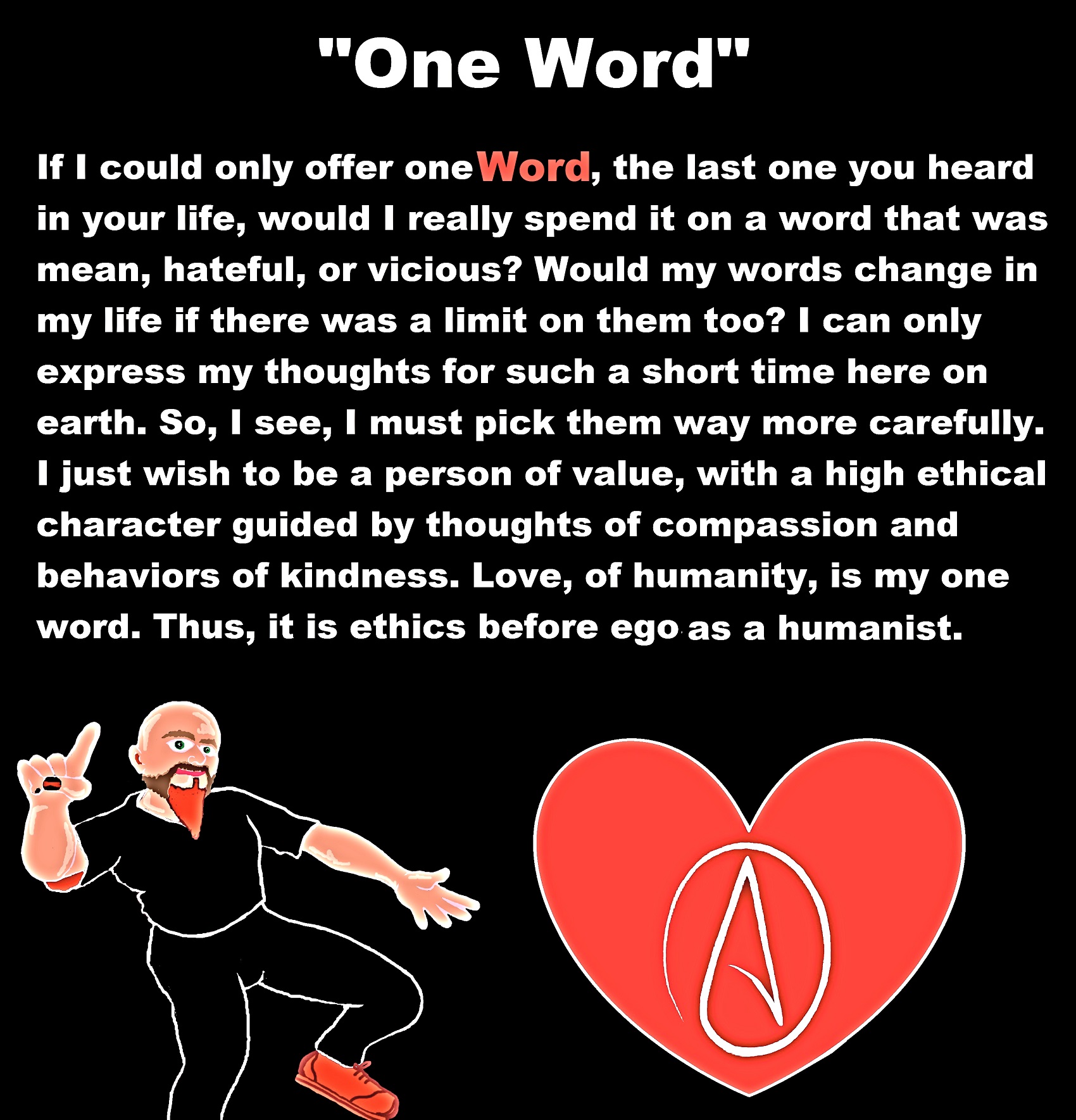
Update my mother died. I am still an atheist and rationalist, thus no supernatural nothing, in the form of afterlife beliefs. So, my mom is all gone but my memories. I have no belief in souls/spirits or any other similar nonsense. Dead is dead. I remember her life. My mother did a few great wrongs to me in my life and also apologized for some as a youth and others later in my adulthood. She tried to love me as I was at the end and did show love off and on throughout my life.
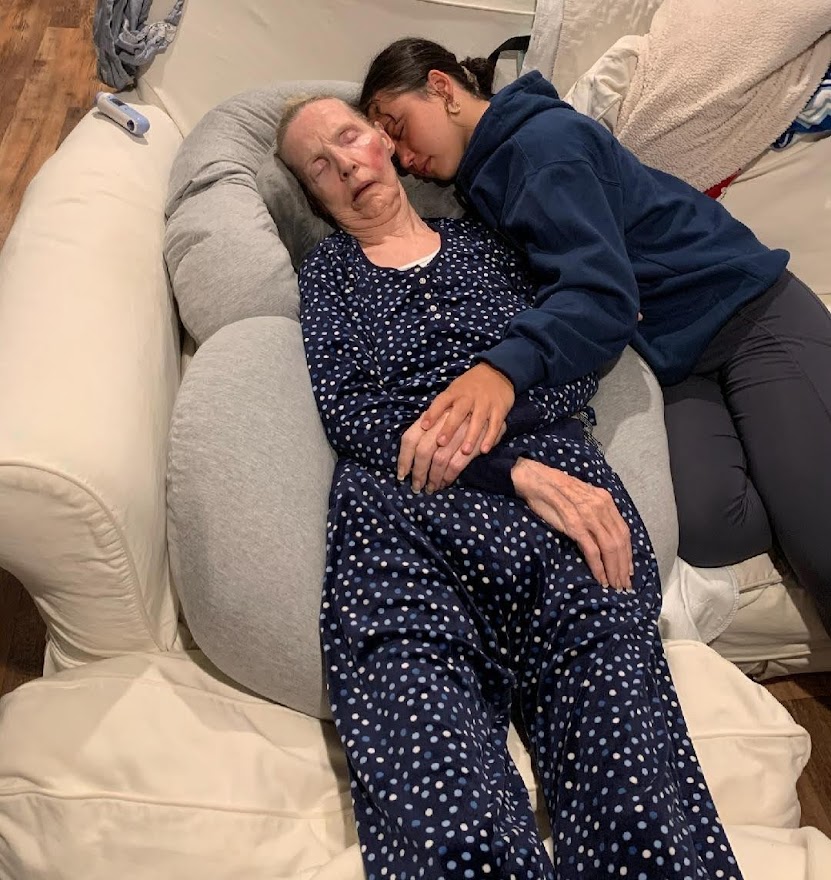
I am trying to use every aspect of my life to help the world. I want all the positive changes as possible. I ultimately just want a kind world where we all can live in as one humanity. I am trying to get people to realize, wisest thing I’ve done, was to be kind as a way of life.
I always think, of any mean people, how smart can they be, if they are not wise enough to see the beauty of kindness?
The world needs more Truly honest thinkers, hopefully, people just like you – that are above all things, deeply intellectually-honest, as it is these deep thinkers and philosophers that want to help people who aid us all in changes. Please, don’t stop, if that is you!
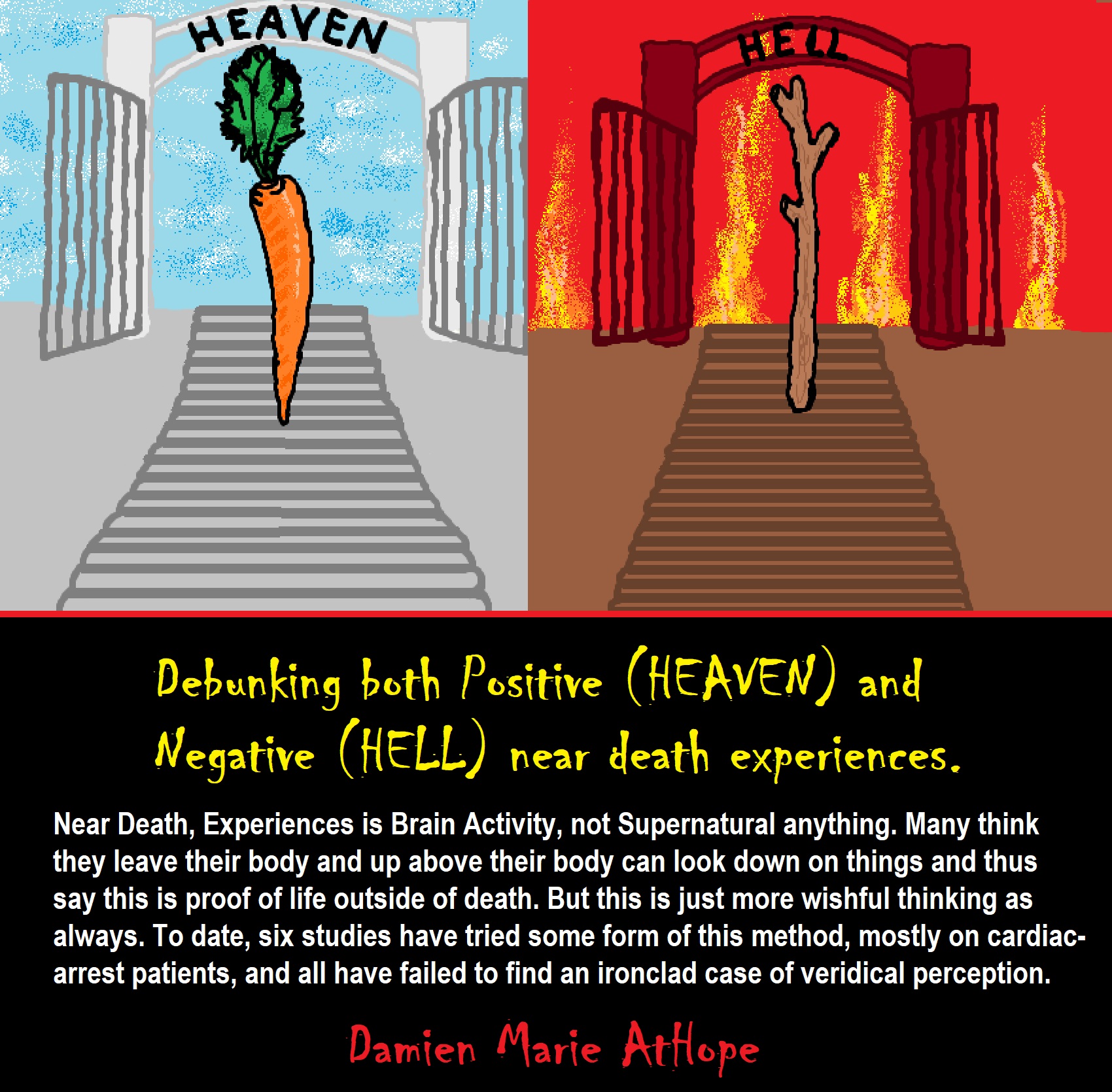
“You atheists just don’t get, god (your god-something claim) is mysterious.”
Well, well, is that not just special, class, lets all marvel at this absurdity in reasoning, I mean seriously… Would you hire someone who works in mysterious ways? Or say you trust in mysterious ways to navigate morality? Or feel just claiming to know anything if your fall back, answer is, to always assume faith without evidence or just blindly assume someone who works in mysterious ways? You should let facts lead your beliefs, not let your beliefs lead how you see facts. What even is a god anyway? I hear people say a creator, but that is an attributed behavior, of a thing, not the thing in question, and I always ask, “what is a god?”, not what you think a god-something did in your beliefs. G.O.D. Group Originated Delusion, thus a fixed unreality belief that is not amenable to change in light of conflicting evidence.
Intellectual honesty: https://lnkd.in/gnr7PyF
Intellectual dishonesty: https://lnkd.in/gjJAtRu
Michael Lamb – “Epicurus summed that up in antiquity.”
My response, Yes, more axiological atheism thnking. Most things around morality/ethics/moral reasoning issues, can be thought to relate to an axiological assumption (some Presumptive-value) or presupposition, they don’t realize they are assuming (some Presumptive-value).
Marquis Amon – “Having omnipotence and omniscience can be considered possible. Yet the argument of evil in terms of morality requires that the person use those things in reality. Therefore the presence of evil proves the nonexistence of god because regardless of being omnipotent and omniscient that the person fails on the grounds of morality. In other words, it is a paradox, you can’t be omnipotent, omniscient, and moral while evil exists in the world. The paradox is that omniscience requires morality. Mr. Lamb is correct on what he stated on this point as well, I just wanted to explain what the paradox really is and why it is such. I also wanted to add that there is often a logical fallacy used by theists that claims that the allowance of evil’s presence is somehow morally justified, by unspecified(nonexistent, divine reason). Evil is fundamentally immoral and therefore disproves god.”
Alone?
I suffer from the need to treat everyone as the valuable fellow, dignity beings, that are just like me. The next realization was that I must help change the world. I didn’t think I was the right person for the job. But hell, after experiencing the world, and it’s celebration of unkindness, I get why kind people may feel a need to remove themselves. I want to live in a kind.
Perfect, made by Practice?
I love highlighting that anything others think I may do good is a skill, I only learned by years of practice. And, practice, should be seen as a great thing because it is often, the very thing that makes us become great. So, go do more practice, because your greatness may just depend on it…
Marquis Amon – “Practice does depend on our greatness, we are continuously evolving, as individuals and as a species. That over the course of a few hundred thousand years, or perhaps two million, depending on modern or archaic human, we have learned and mastered many great skills that have got us to wear we are now. Then think back of our societies a few hundred years ago…we made a lot of progress socially, too. How, we made continuous efforts to refine ourselves, our ideas, and their execution. Why? It occurs to us, usually through science that we can improve things.”
Just a Dignity-Being?
I know, I know, I am the crazy anarchist because I stubbornly hold steadfast to the thinking that every human life across this globe (to remind flat earthers) are of the same value, fellow dignity-beings, just like me. What example will your behavior, tell the world? I am nothing, I am no one, I am just a light in the dark, asking you to think, with the eyes of your humanity??? What will they say of me?
Why do I have to be alone???
I am sadly, starting to think, if I want a kind world, I may have to keep people at a small minimum and instead, surround myself with animals, not people. And this is because people seem to be addicted to unkindness and I dislike being around unkind people. My kind of people are ones who are kind. I love intellectual honesty people and deep-thinking people. I personally think that we all socially hold a responsibility to be reasoned and intellectually honest. I have been trying to inspire that as well as the need to have kind behaviors but I am one, just one little light in the dark.
I am a Rationalist Atheist and what others may not realize because of this
I mainly use and try to inspire “Reason”, not Doubt as I feel is more common with Skeptic style Atheism.
Grief Following Sudden Death of a Loved One
The typical five stages of grief differ from the stages of mourning a death.
Common signs of grief?
“There are no ironclad inexorable stages of grieving. Each of us deals with loss in our own way. Elisabeth Kubler-Ross published her book, On Death and Dying, in 1969 explaining the classically regarded five stages of grief developed initially as a model for helping dying patients cope with death and bereavement. Therefore, she became known for her work with the terminally ill. The stages of grief eventually morphed into stages of grieving for survivors.” ref
“Counselors and therapists, including myself, found her five stages of grief to be helpful for mourners. Marvin G. Knittel Ed.D. found that my clients wanted to use the Kubler-Ross stages as a measurement of their own progress.” ref
“Marvin G. Knittel Ed.D. shared with his clients a loosely designed set of common signs of mourning.
1. Disbelief and shock: The initial shock is disbelief. There can be the feeling that “it may not be true.”
2. Sadness: Accepting the truth carries with it a profound sense of sadness, sorrow, and despondency.
3. Anger: You may feel anger toward the person for not being with you anymore. You may feel anger at God and at everyday injustices.
4. Guilt: You may feel guilt for having outlived your own child. You may feel guilt for things that you said or did not say.” ref
Forgotten mourners?
“Neither Marvin G. Knittel Ed.D. sisters nor he understood grief. During the ensuing year, they watched their parents retreat from their normal social activities and pull in close to each other. They chose not to reminisce or talk about Donald’s life. Surviving siblings are frequently referred to as the “forgotten mourners” because most of the attention is placed on the parents and the child who died.” ref
“Because Marvin G. Knittel Ed.D. and his sisters’ parents retreated into their own bubble, his sisters and he were deprived of the normal grieving process, which typically includes reminiscing and storytelling. Consequently, the memory of their brother faded over the years, leaving only minimal snapshot memories of Don. Not even during the years that Marvin G. Knittel Ed.D. worked next to his dad on the farm did they talk about his brother. Marvin G. Knittel Ed.D. added, however, his brother’s death had no effect on the ultimate relationship he had with his father.” ref
Things to say and not say to someone in grief
“The best things to say:
1. “I am so sorry for your loss.”
2. “If there is anything I can do, please let me know. I’m willing to help in any way.”
3. “I am just a phone call away.”
4. Simply be physically present. There is no need to fill the empty space with talk. The most profound support was when a neighbor lady came to the house, sat down with my mother, held her for at least three or four minutes without saying a word. She then embraced my mother, held her hands, and waited for my mother to say something.” ref
“The worst things to say:
1. “I know how you feel.”
2. “They are in a better place.”
3. “There is a reason for everything.
4. Do not ask, “How are you?” or, “How are you dealing with this?” unless you really want to know and are willing to listen.
5. Do not offer advice.” ref
“Trying to ignore the sorrow or keep it from surfacing, only makes it worse in the long run. For real healing to take place, it is necessary to face the grief and actively deal with it. People deal with pain in different ways. For example, crying is a normal response, but not for all. Trying to protect family and friends by putting on a brave front keeps your true feelings buried and does not help other people.” ref
You Are Not Alone
“When you are grieving, it can feel like a very lonely time. It’s important to know, however, that you are not alone. Everyone experiences grief from time to time in life. It is a normal reaction to loss. The best way to move forward after a loss is to allow yourself to go through the stages of grief.” ref
“Remember that you should not compare the way you grieve with how someone else is dealing with grief. Some people go through stages with little difficulty and find inner peace and the strength to move on with life without complications. Others may experience one or more stages more than once and for different lengths of time. Recognizing where you are in the process and knowing when to seek help can be helpful.” ref
A Light in the Dark?
A dark room is only scary until you turn on the light. So when we let our dark thoughts out in the light, we may see there is not so much reason to fear them as when we kept them hidden. However, there may be some rooms which are even scarier when you turn on the light and see the full problem you face. Some things you fight against, some things you fight for, some things you fight to be, and some things you need to stop fighting. But I am nothing, I am no one, I am just a light in the dark trying to help you shine…
A lone Lion, protecting all He can???
I am just me. I have no group or organization helping me in any way, nor have they ever done so. I have done it all myself but I do, what I do for the good and empowerment of others. But I am no one, I am nothing, I am just a light in the dark trying my best to shine brightly for the world to help all I can as much as I can before I am gone. How soon that end time feels now!
Change The World
I want to change the world leave it a better place than I found it as others do, the great thing is to me we all do because a movement is not a single person. So may look at their contribution and be disheartened believing what they do will not really matter and will never change the world. To this, I disagree by doing what you can you have already made a change if in no one else but you. You have changed a person and the world is on its way to change with that one person thinking and acting differently affecting the world around them. To me, it is in our willful intentionally to make a positive difference we do. The world is people, we influence people all the time whether big or small movements begin and bring change by the voices of many all positive momentum is an active connected part. We may not be the ones to do it all but to see it grow to fruition takes many needed parts.
Be a Good Human?
I don’t value intelligence above kindness because how smart can you be if kindness is something you are not wise enough to grasp the dep value kindness holds or how much its addition can change lives. I personally had my life changed by an undeserved act of kindness. I will forever champion this gift of kindness. My people are those who are kind. I don’t want to be better than any, I want better together. I want a kind world for all. I am 100% pro-humanity! We rise by helping each other. Be a good human.
You, me, everyone is a needed part of the solution!
When people say they don’t like me, I always think, I guess you haven’t read enough of my writing then…
Would we not often do better lighting a candle, than cursing at the darkness?
We need people with the height of bravery, to be openly as kind as others openly hate.
I fall from the treetops like a summer rain of new things that invigorates the mind to thought as if reaching out for a phantom to see what is really true. We light a candle in our mind when we let reason be our master because reason requires its user to change to what is reasoned over what may be preferred. I am a reason-driven “I dare you, to think” kind of philosopher. Simple but when the philosophy thinking is so inarticulate, or such monumental architecture of mental gymnastics erected on top of “reason”, that to most people, not in philosophy, it is just like bla, bla, bla. Lol
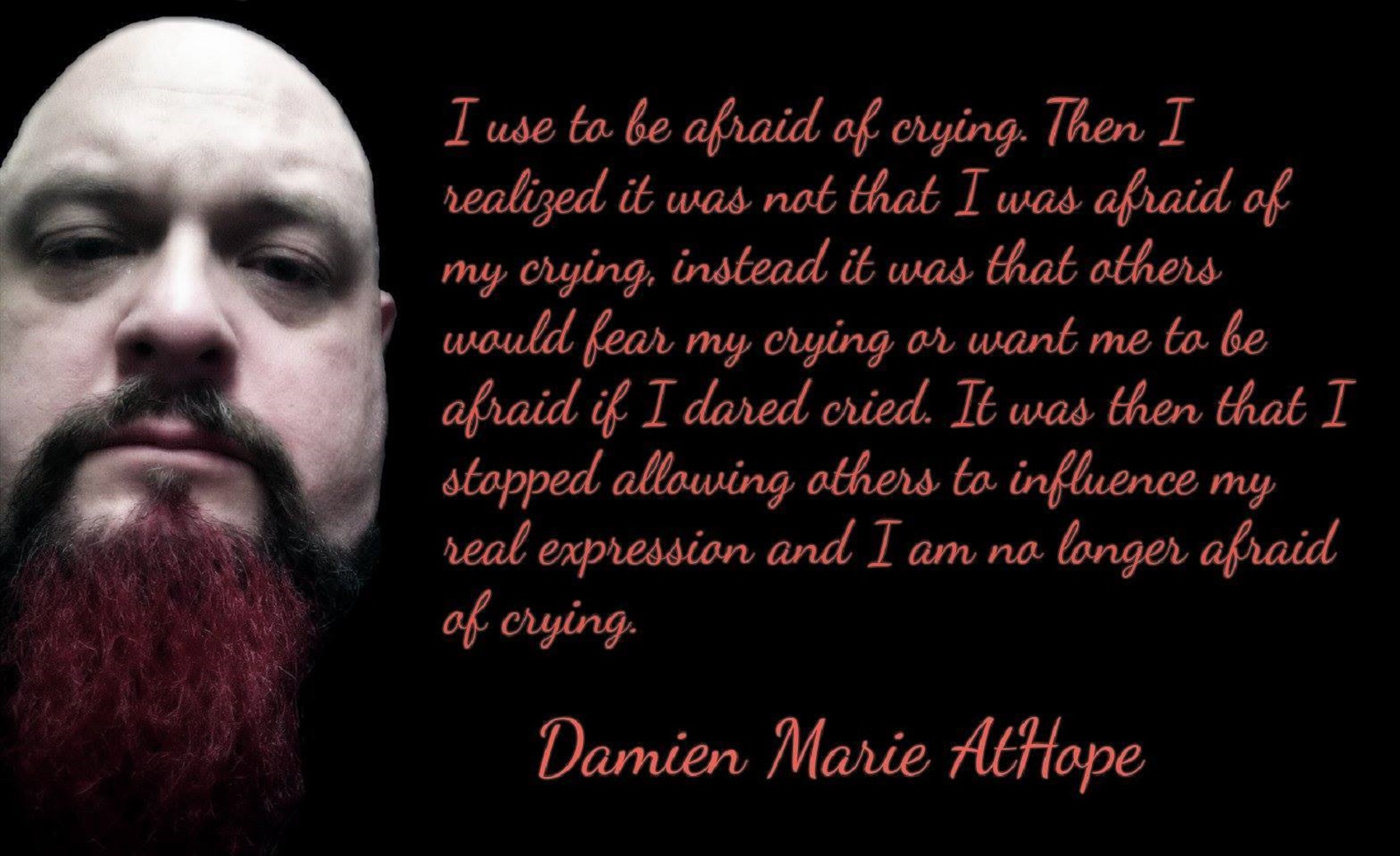
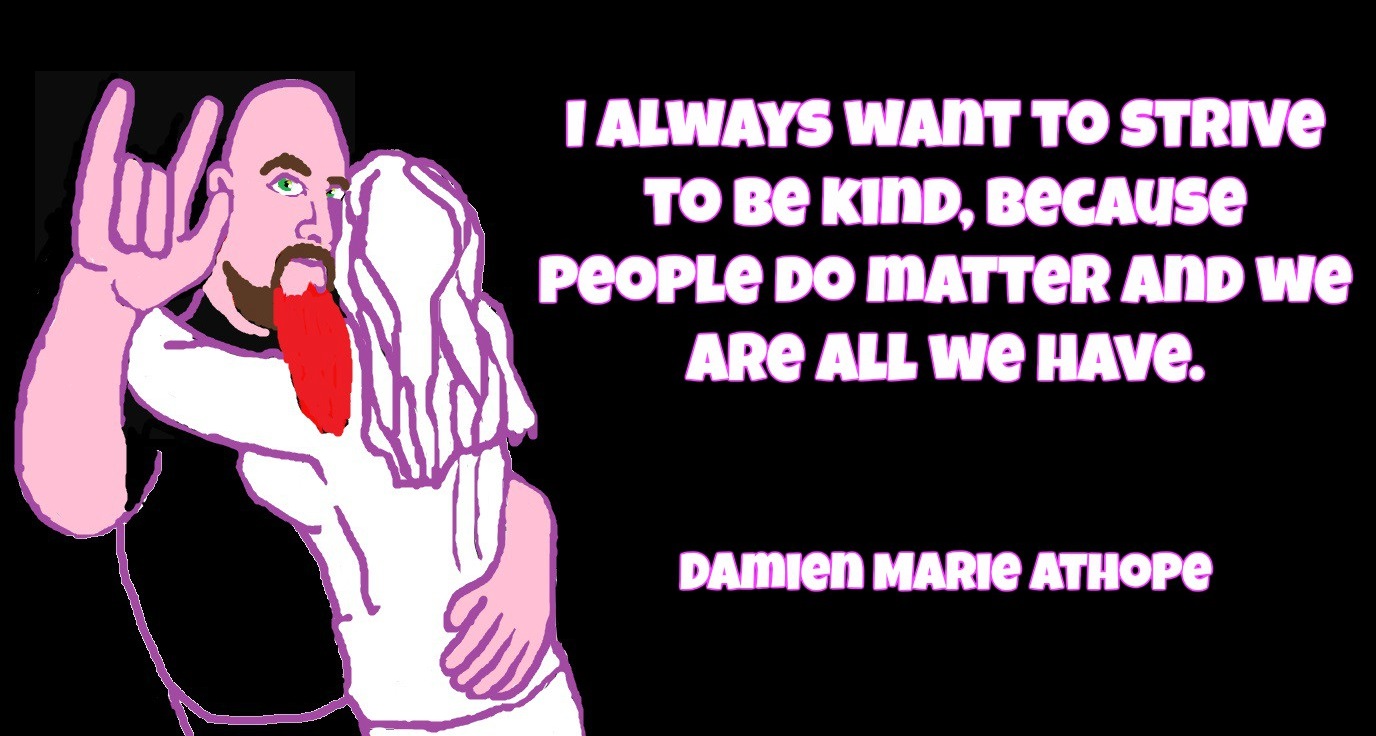
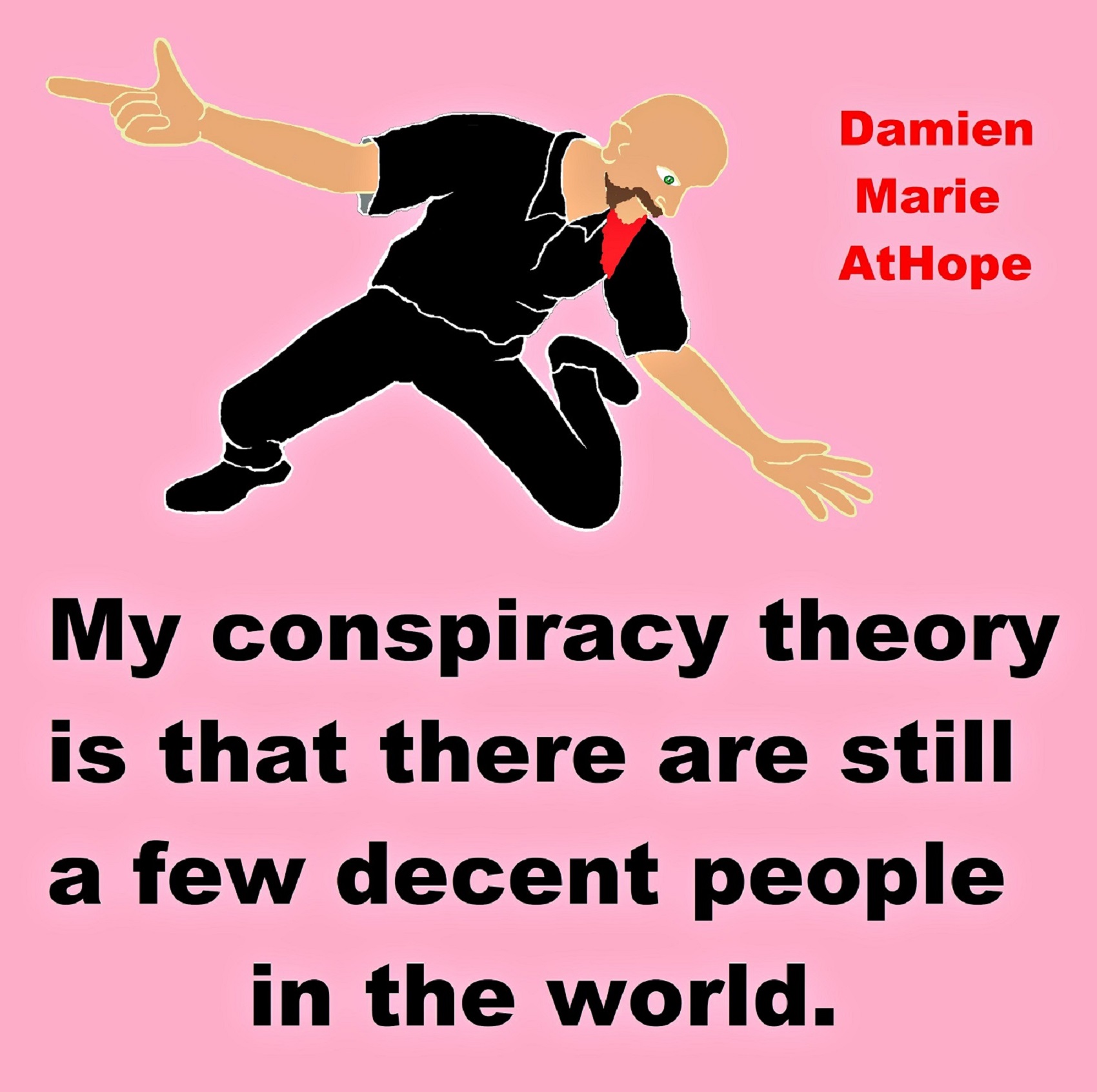
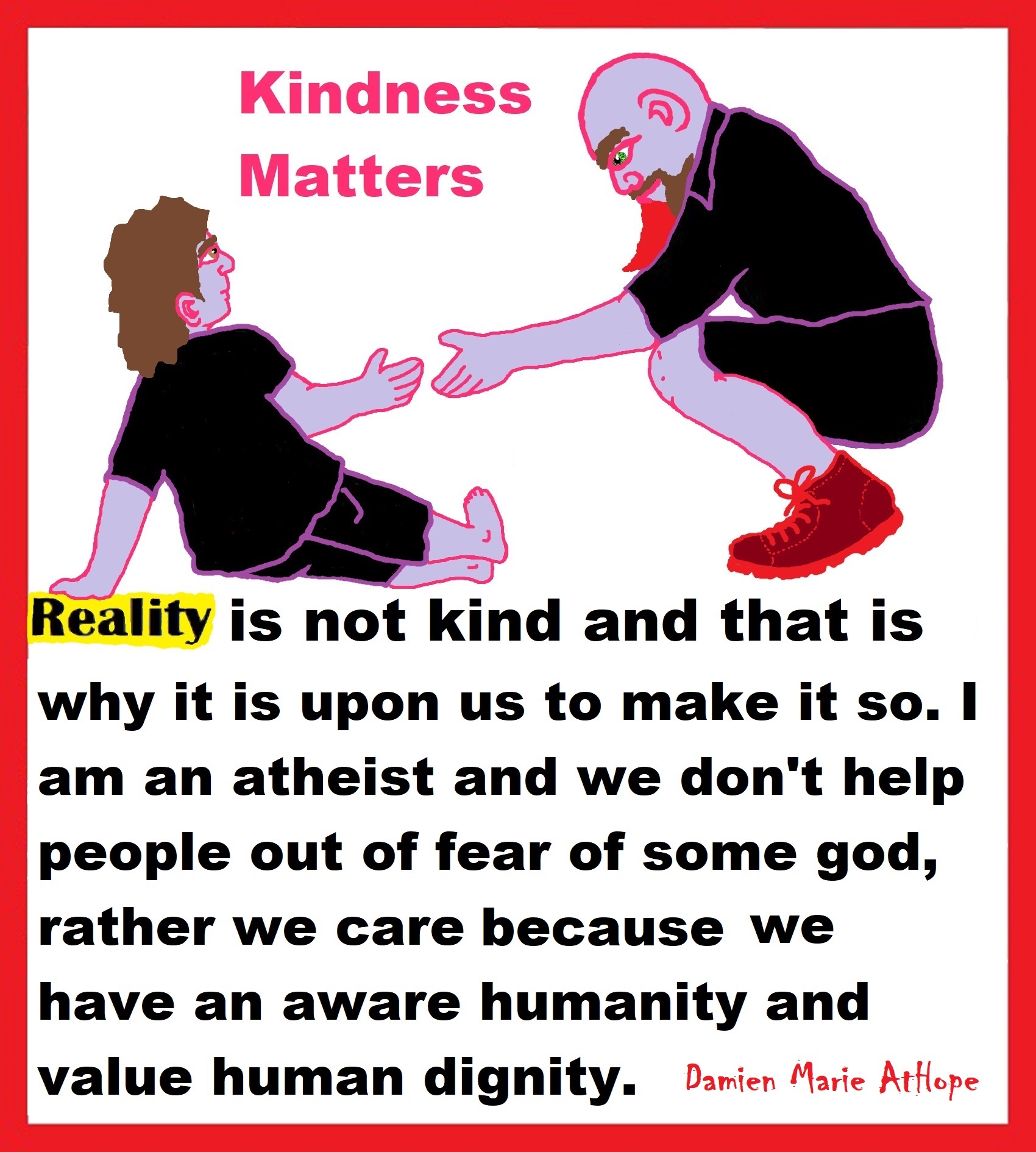
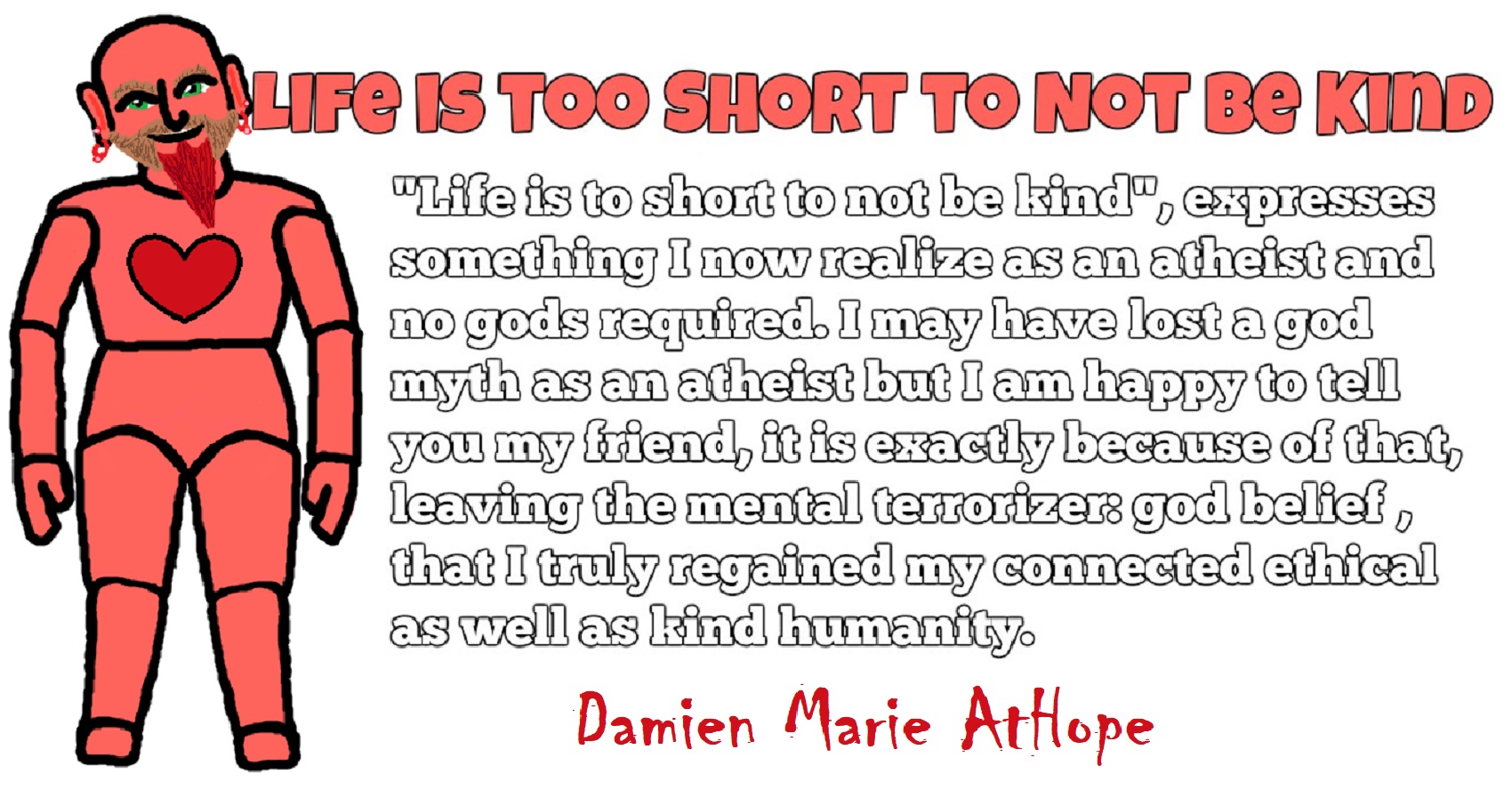

While hallucinogens are associated with shamanism, it is alcohol that is associated with paganism.
The Atheist-Humanist-Leftist Revolutionaries Shows in the prehistory series:
Show two: Pre-animism 300,000 years old and animism 100,000 years old: related to “Anarchism and Socialism”
Show tree: Totemism 50,000 years old: related to “Anarchism and Socialism”
Show four: Shamanism 30,000 years old: related to “Anarchism and Socialism”
Show five: Paganism 12,000 years old: related to “Anarchism and Socialism”
Show six: Emergence of hierarchy, sexism, slavery, and the new male god dominance: Paganism 7,000-5,000 years old: related to “Anarchism and Socialism” (Capitalism) (World War 0) Elite and their slaves!
Prehistory: related to “Anarchism and Socialism” the division of labor, power, rights, and recourses: VIDEO
Pre-animism 300,000 years old and animism 100,000 years old: related to “Anarchism and Socialism”: VIDEO
Totemism 50,000 years old: related to “Anarchism and Socialism”: VIDEO
Shamanism 30,000 years old: related to “Anarchism and Socialism”: VIDEO
Paganism 12,000 years old: related to “Anarchism and Socialism” (Pre-Capitalism): VIDEO
Paganism 7,000-5,000 years old: related to “Anarchism and Socialism” (Capitalism) (World War 0) Elite and their slaves: VIEDO
Paganism 5,000 years old: progressed organized religion and the state: related to “Anarchism and Socialism” (Kings and the Rise of the State): VIEDO
Paganism 4,000 years old: related to “Anarchism and Socialism” (First Moralistic gods, then the Origin time of Monotheism): VIEDO
I do not hate simply because I challenge and expose myths or lies any more than others being thought of as loving simply because of the protection and hiding from challenge their favored myths or lies.
The truth is best championed in the sunlight of challenge.
An archaeologist once said to me “Damien religion and culture are very different”
My response, So are you saying that was always that way, such as would you say Native Americans’ cultures are separate from their religions? And do you think it always was the way you believe?
I had said that religion was a cultural product. That is still how I see it and there are other archaeologists that think close to me as well. Gods too are the myths of cultures that did not understand science or the world around them, seeing magic/supernatural everywhere.
I personally think there is a goddess and not enough evidence to support a male god at Çatalhöyük but if there was both a male and female god and goddess then I know the kind of gods they were like Proto-Indo-European mythology.
This series idea was addressed in, Anarchist Teaching as Free Public Education or Free Education in the Public: VIDEO
Our 12 video series: Organized Oppression: Mesopotamian State Force and the Politics of power (9,000-4,000 years ago), is adapted from: The Complete and Concise History of the Sumerians and Early Bronze Age Mesopotamia (7000-2000 BC): https://www.youtube.com/watch?v=szFjxmY7jQA by “History with Cy“
Show #1: Mesopotamian State Force and the Politics of Power (Samarra, Halaf, Ubaid)
Show #2: Mesopotamian State Force and the Politics of Power
Show #3: Mesopotamian State Force and the Politics of Power (Uruk and the First Cities)
Show #4: Mesopotamian State Force and the Politics of Power (First Kings)
Show #5: Mesopotamian State Force and the Politics of Power (Early Dynastic Period)
Show #6: Mesopotamian State Force and the Politics of Power
Show #7: Mesopotamian State Force and the Politics of Power (Sargon and Akkadian Rule)
Show #9: Mesopotamian State Force and the Politics of Power (Gudea of Lagash and Utu-hegal)
Show #12: Mesopotamian State Force and the Politics of Power (Aftermath and Legacy of Sumer)

The “Atheist-Humanist-Leftist Revolutionaries”
Cory Johnston ☭ Ⓐ Atheist Leftist @Skepticallefty & I (Damien Marie AtHope) @AthopeMarie (my YouTube & related blog) are working jointly in atheist, antitheist, antireligionist, antifascist, anarchist, socialist, and humanist endeavors in our videos together, generally, every other Saturday.
Why Does Power Bring Responsibility?
Think, how often is it the powerless that start wars, oppress others, or commit genocide? So, I guess the question is to us all, to ask, how can power not carry responsibility in a humanity concept? I know I see the deep ethical responsibility that if there is power their must be a humanistic responsibility of ethical and empathic stewardship of that power. Will I be brave enough to be kind? Will I possess enough courage to be compassionate? Will my valor reach its height of empathy? I as everyone, earns our justified respect by our actions, that are good, ethical, just, protecting, and kind. Do I have enough self-respect to put my love for humanity’s flushing, over being brought down by some of its bad actors? May we all be the ones doing good actions in the world, to help human flourishing.
I create the world I want to live in, striving for flourishing. Which is not a place but a positive potential involvement and promotion; a life of humanist goal precision. To master oneself, also means mastering positive prosocial behaviors needed for human flourishing. I may have lost a god myth as an atheist, but I am happy to tell you, my friend, it is exactly because of that, leaving the mental terrorizer, god belief, that I truly regained my connected ethical as well as kind humanity.
Cory and I will talk about prehistory and theism, addressing the relevance to atheism, anarchism, and socialism.
At the same time as the rise of the male god, 7,000 years ago, there was also the very time there was the rise of violence, war, and clans to kingdoms, then empires, then states. It is all connected back to 7,000 years ago, and it moved across the world.
Cory Johnston: https://damienmarieathope.com/2021/04/cory-johnston-mind-of-a-skeptical-leftist/?v=32aec8db952d
The Mind of a Skeptical Leftist (YouTube)
Cory Johnston: Mind of a Skeptical Leftist @Skepticallefty
The Mind of a Skeptical Leftist By Cory Johnston: “Promoting critical thinking, social justice, and left-wing politics by covering current events and talking to a variety of people. Cory Johnston has been thoughtfully talking to people and attempting to promote critical thinking, social justice, and left-wing politics.” http://anchor.fm/skepticalleft
Cory needs our support. We rise by helping each other.
Cory Johnston ☭ Ⓐ @Skepticallefty Evidence-based atheist leftist (he/him) Producer, host, and co-host of 4 podcasts @skeptarchy @skpoliticspod and @AthopeMarie
Damien Marie AtHope (“At Hope”) Axiological Atheist, Anti-theist, Anti-religionist, Secular Humanist. Rationalist, Writer, Artist, Poet, Philosopher, Advocate, Activist, Psychology, and Armchair Archaeology/Anthropology/Historian.
Damien is interested in: Freedom, Liberty, Justice, Equality, Ethics, Humanism, Science, Atheism, Antiteism, Antireligionism, Ignosticism, Left-Libertarianism, Anarchism, Socialism, Mutualism, Axiology, Metaphysics, LGBTQI, Philosophy, Advocacy, Activism, Mental Health, Psychology, Archaeology, Social Work, Sexual Rights, Marriage Rights, Woman’s Rights, Gender Rights, Child Rights, Secular Rights, Race Equality, Ageism/Disability Equality, Etc. And a far-leftist, “Anarcho-Humanist.”
I am not a good fit in the atheist movement that is mostly pro-capitalist, I am anti-capitalist. Mostly pro-skeptic, I am a rationalist not valuing skepticism. Mostly pro-agnostic, I am anti-agnostic. Mostly limited to anti-Abrahamic religions, I am an anti-religionist.
To me, the “male god” seems to have either emerged or become prominent around 7,000 years ago, whereas the now favored monotheism “male god” is more like 4,000 years ago or so. To me, the “female goddess” seems to have either emerged or become prominent around 11,000-10,000 years ago or so, losing the majority of its once prominence around 2,000 years ago due largely to the now favored monotheism “male god” that grow in prominence after 4,000 years ago or so.
My Thought on the Evolution of Gods?
Animal protector deities from old totems/spirit animal beliefs come first to me, 13,000/12,000 years ago, then women as deities 11,000/10,000 years ago, then male gods around 7,000/8,000 years ago. Moralistic gods around 5,000/4,000 years ago, and monotheistic gods around 4,000/3,000 years ago.
To me, animal gods were likely first related to totemism animals around 13,000 to 12,000 years ago or older. Female as goddesses was next to me, 11,000 to 10,000 years ago or so with the emergence of agriculture. Then male gods come about 8,000 to 7,000 years ago with clan wars.

Damien Marie AtHope (Said as “At” “Hope”)/(Autodidact Polymath but not good at math):
Axiological Atheist, Anti-theist, Anti-religionist, Secular Humanist, Rationalist, Writer, Artist, Jeweler, Poet, “autodidact” Philosopher, schooled in Psychology, and “autodidact” Armchair Archaeology/Anthropology/Pre-Historian (Knowledgeable in the range of: 1 million to 5,000/4,000 years ago). I am an anarchist socialist politically. Reasons for or Types of Atheism
My Website, My Blog, & Short-writing or Quotes, My YouTube, Twitter: @AthopeMarie, and My Email: damien.marie.athope@gmail.com

